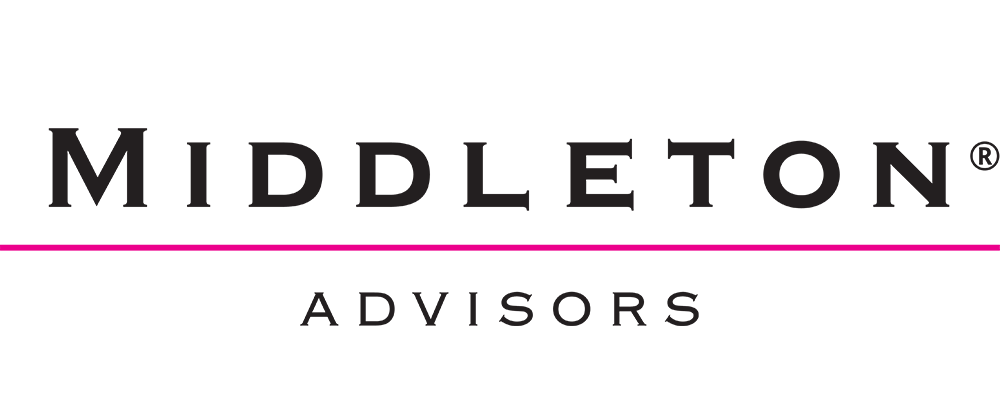The majority of buyers of country houses and estates will be contemplating improvements even before completion. Accurately estimating the cost of your project, and staying within budget is never simple. Some people regard a quantity surveyor as an additional cost. In many cases, however, a good QS will give you the certainty and control you need, and in all likelihood, will deliver you net savings.
How can a QS save you money?
Never underestimate the complexity of a building project, or the potential for minor changes to bring about major cost movement. The simpler, more efficient the process, the fewer demands there will be on your own time and the more likely you are to avoid disputes. Employing a good QS will also allow your architect to concentrate on their own key tasks, rather than being dragged into the detail of procurement, tendering and and contracts.
With access to a wide range of historic cost data, a quantity surveyor, working in conjunction with an architect, will give you the most accurate cost estimates for proposed building works. This, in itself, has a huge value, because the last thing you want is to embark on a project with an unrealistic idea of how much the out-turn cost could be. This much may seem obvious, but a good QS will also give you invaluable advice on VAT implications, insurance valuations, and dispute resolution.
Procuring competitive tenders.
As part of the ‘pre-construction’ process a QS will advise on the most cost-effective and efficient procurement options. You may want to choose a particular builder and negotiate a price. You may prefer to obtain competitive tenders from a series of recognised builders who have extensive experience in the sector. If time is of the essence, then your QS could negotiate a ‘cost plus’ contract, which means you control your budget by paying base costs plus an agreed profit margin.
Your QS can also advise you on the need for, and effective selection of, consultants, such as architects, engineers, interior designers, landscapers and suppliers of specialist materials. Your QS will give you regular cost reports throughout the construction process, forecasting final out-turn costs and assessing the impact of instructions or proposed changes on both cost and programme.
They will also prepare interim valuations of works completed on a regular (usually monthly) basis, ensuring that payments are only made for work completed. Cash flow forecasts will facilitate financial planning.
The final process is to agree the ‘final account’ with the contractor taking into account any changes to the tendered or agreed contract sum.
Middleton advice. A good QS should give you certainty, cost control and net savings.
Thanks: Ian McCoy, Selway Joyce.
Advice papers. Middleton Advice is a series of top-level answers to questions that are often raised over the course of our client relationships. It’s important to note that you should not proceed with any investment decision on the basis of the advice contained in these papers without further consultation with Middleton or other professional advisors. Information accurate at publication date of October 2015.




